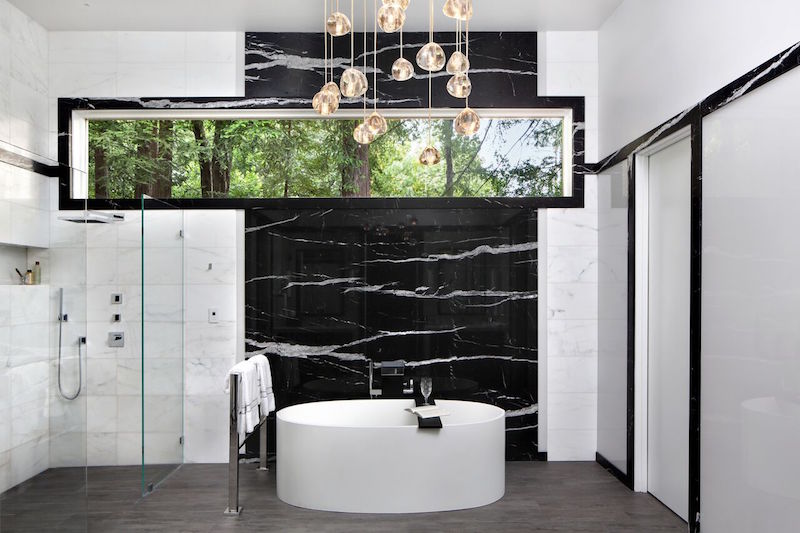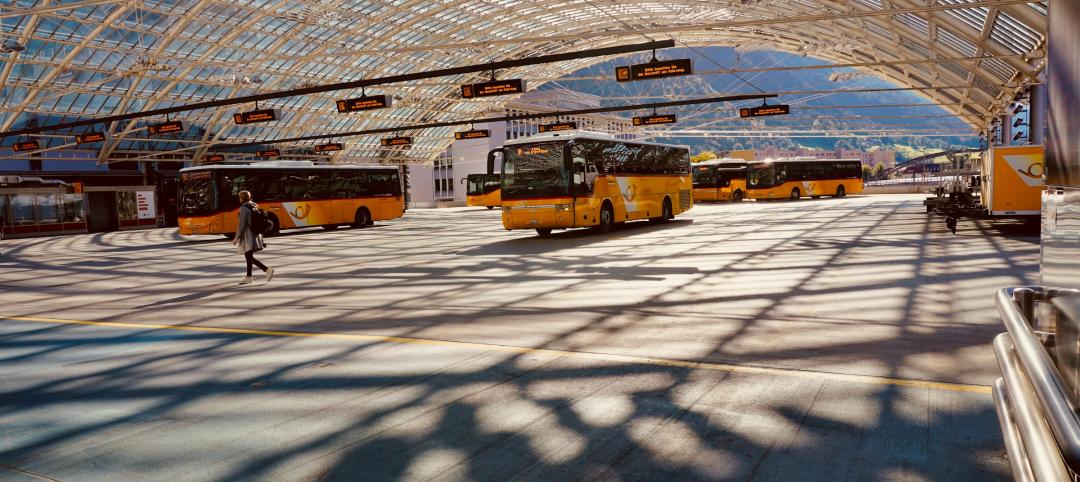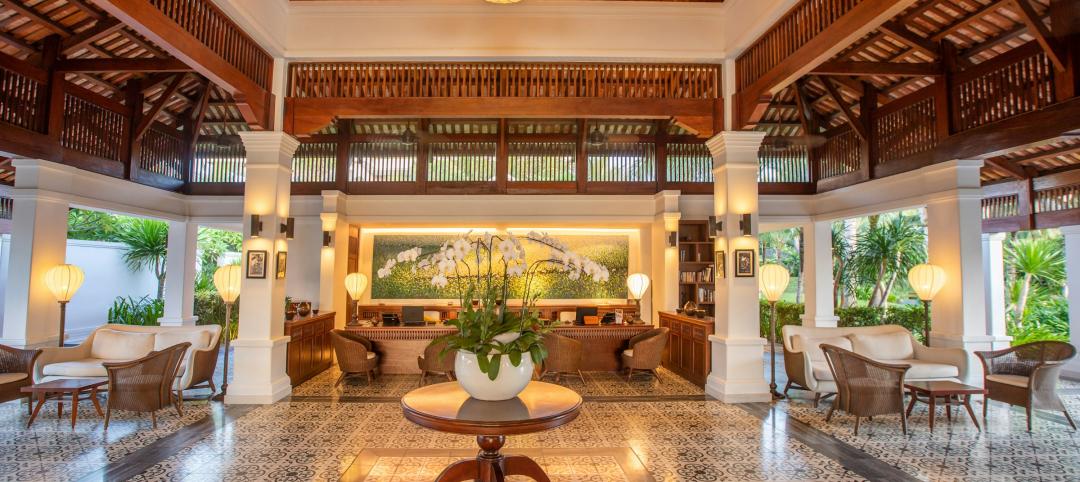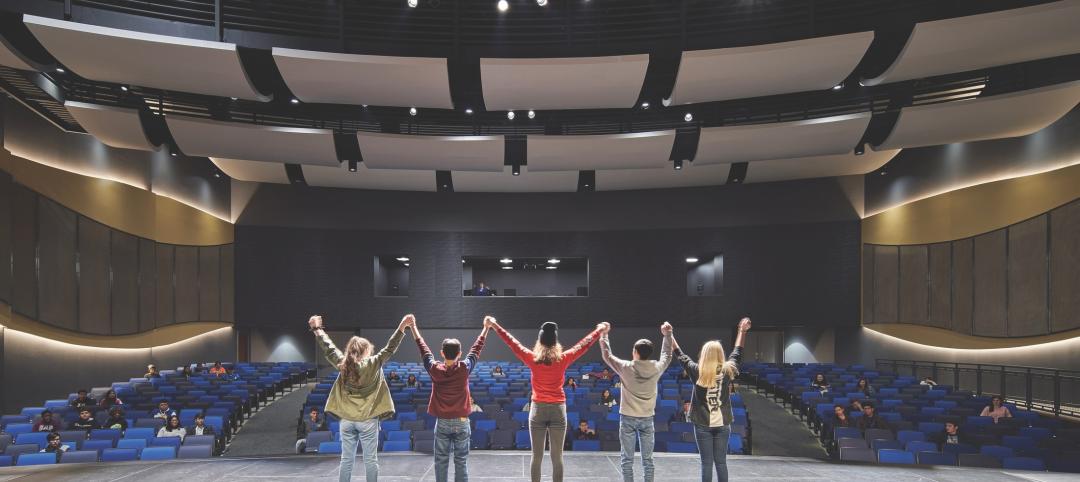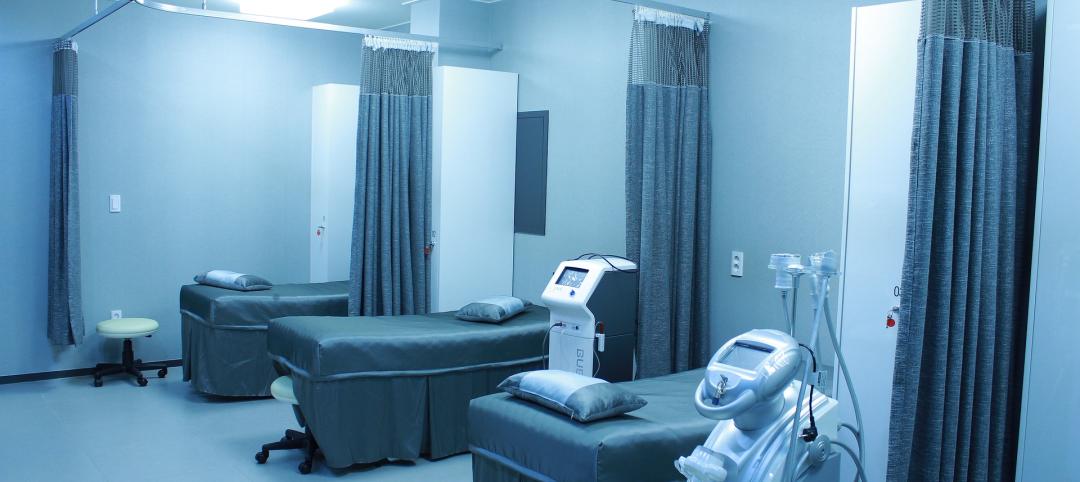It’s not just kitchens that are seeing traditional styling take a backseat to more contemporary or transitional design choices. Bathrooms have seen a decline in traditional styling, as well.
In addition to contemporary styling choices, the 2017 Kitchen & Bath Trends survey also revealed whites, off/whites, and grays continue to dominate color preferences, but blues are an emerging option. Floating vanities are also growing in use as a means of storage, but conventional linen storage cabinets and wood vanities remain popular.
Below are the NKBA’s top 10 overall bathroom trends it expects to see in 2017.
- Contemporary and Transitional-styled bathrooms have overtaken Traditional style preferences. Shaker style is gaining on Traditional, while Mid-Century Modern is emerging. Asian Fusion is a niche design, but design professionals who recommend it plan to do more of it in bathrooms.
- Whites, off/whites and gray are by far the most popular bathroom color schemes. Blue is emerging, with younger design professionals leaning more towards violets and purples. Stainless steel is niche and emerging.
- Linen storage cabinets and wood vanities are the most commonly used bathroom storage solutions. Floating vanities and open shelving are popular and increasing in popularity. Toilet topper cabinets are declining in demand.
- Ceramic tile flooring is most popular, but high-quality vinyl appears to be emerging.
- Undermount bathroom sinks are most desirable, with requests for vessel sinks continuing to wane, as well as pedestal sinks. Trough sinks are emerging.
- More than half of NKBA members surveyed said they eliminated a tub or whirlpool in a bathroom remodel over the course of the past year. Yet half also specified a freestanding tub during that same period, and 60 percent expect to specify more of them in 2017.While tub/shower surrounds are maintained and updated when they already exist in a home, they are not being added to new bathrooms or completely remodeled bathrooms.
- White fixtures are trending up, while bone/bisque colored fixtures are trending down. Brushed brass and gold are emerging faucet finishes; designer faucet colors, while still quite niche, are emerging.
- The most popular amenities for the bathroom are in the arena of safety and comfort: e.g., comfort heights, shower seats, lighting in showers and no-threshold showers. Emerging amenities are smart toilets, smart toilet seats, music in the shower, easy maintenance features, and radiant floor heating.
- Water-saving toilets and faucets are becoming more mainstream.
- Distributed video and audio and wiring pathways for future integration are still niche in the bathroom, but emerging.
The report and subsequent trends were generated with information from 562 responses to the 2017 Kitchen & Bath Design Trends survey that was sent out to National Kitchen and Bath Association (NKBA) members in August 2016.
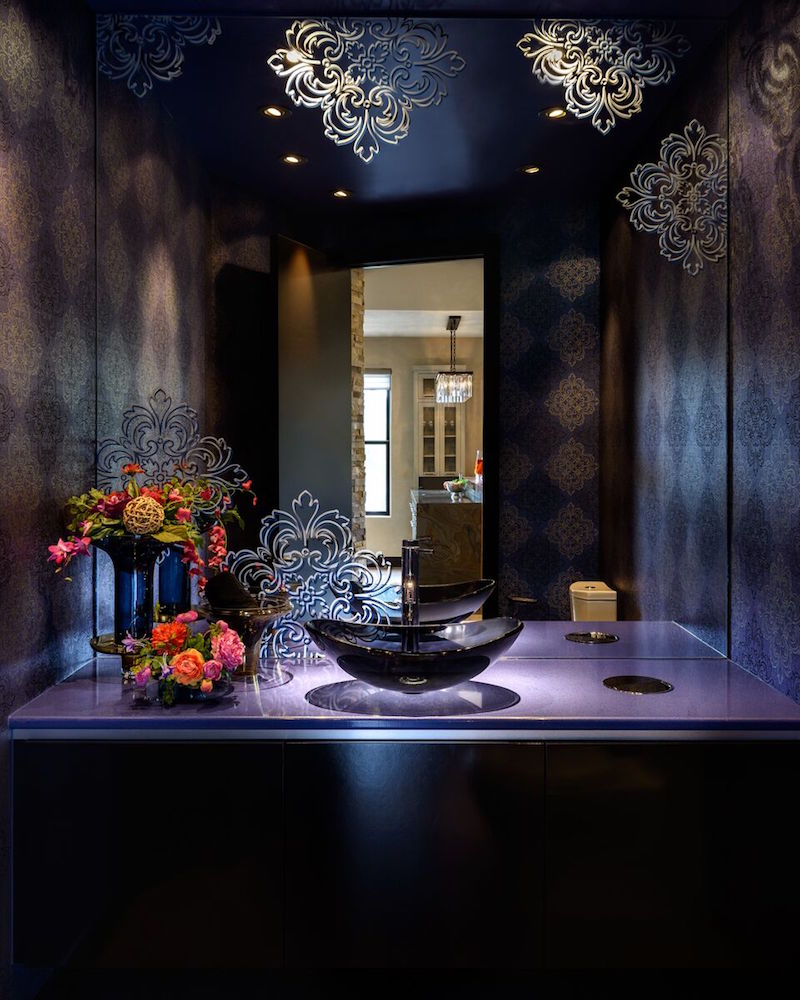 Designer: Jaque Bethke, Pure Design Environments. Photo: John Magnoski.
Designer: Jaque Bethke, Pure Design Environments. Photo: John Magnoski.
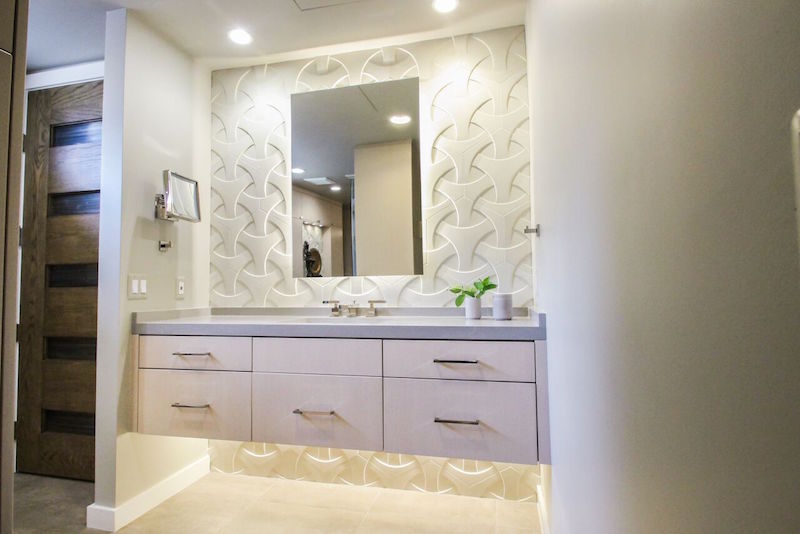 Designer: Andrea Lupo, Lup Interiors LLC. Photo: Amy Galea.
Designer: Andrea Lupo, Lup Interiors LLC. Photo: Amy Galea.
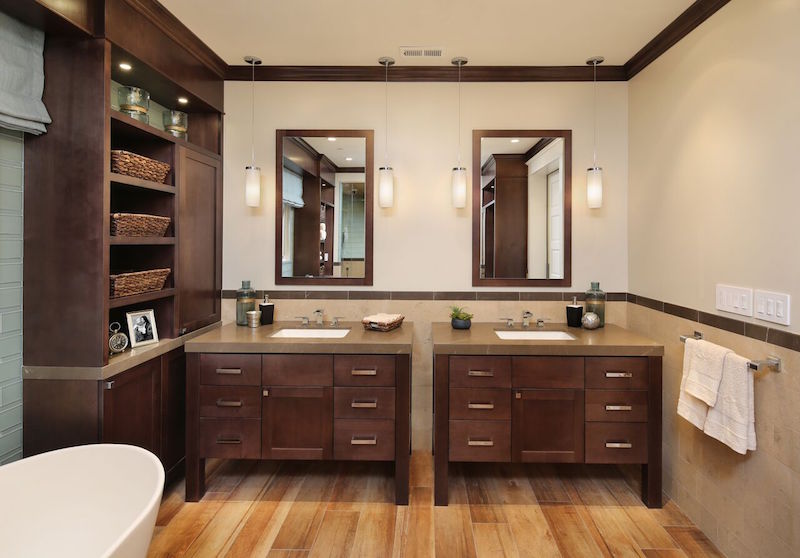 Designer: Leslie Lamarre, CKD, CID, TRG Architecture + Interior Design. Photo: Bernard Andre.
Designer: Leslie Lamarre, CKD, CID, TRG Architecture + Interior Design. Photo: Bernard Andre.
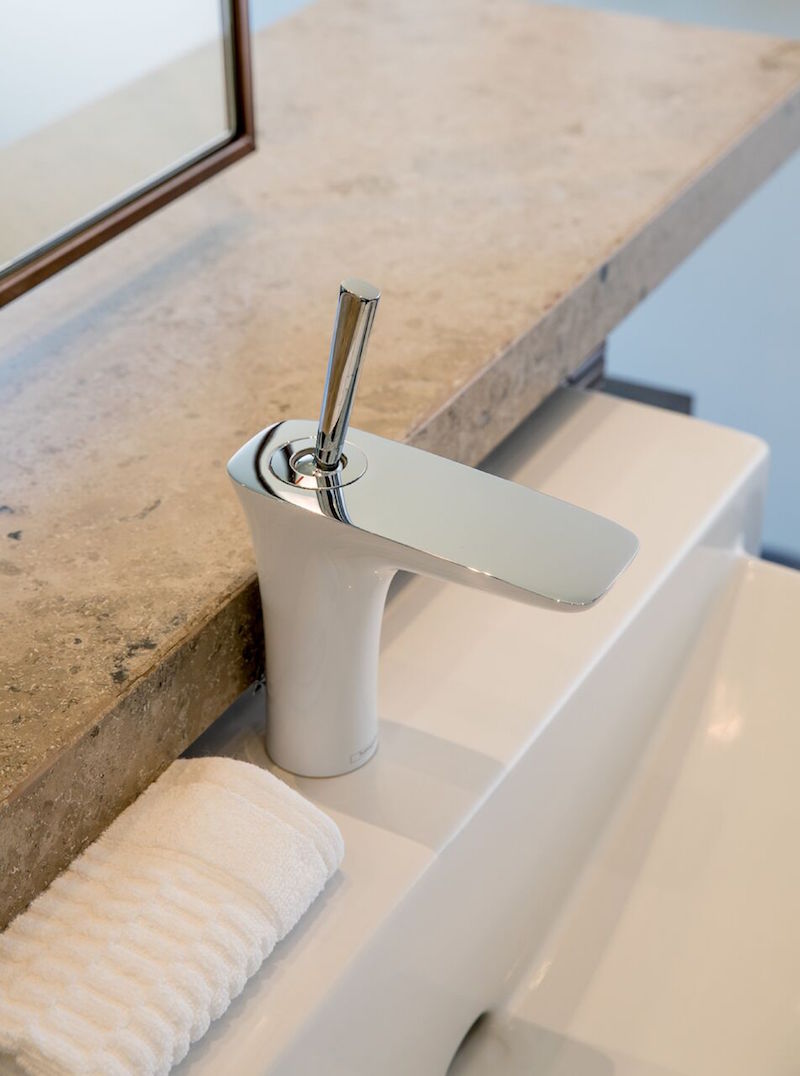 Designer: Lori Carroll, Lori Carroll & Associates. Photo: Jon Mancuso.
Designer: Lori Carroll, Lori Carroll & Associates. Photo: Jon Mancuso.
Related Stories
Transit Facilities | Jan 22, 2024
Top 40 Transit Facility Architecture Firms for 2023
Perkins&Will, HDR, Gensler, Skidmore, Owings & Merrill, and HNTB top BD+C's ranking of the nation's largest transit facility architecture and architecture engineering (AE) firms for 2023, as reported in the 2023 Giants 400 Report. Note: This ranking includes design revenue for work related to bus terminals, rail terminals, and transit stations.
Hotel Facilities | Jan 22, 2024
U.S. hotel construction is booming, with a record-high 5,964 projects in the pipeline
The hotel construction pipeline hit record project counts at Q4, with the addition of 260 projects and 21,287 rooms over last quarter, according to Lodging Econometrics.
Modular Building | Jan 19, 2024
Virginia is first state to adopt ICC/MBI offsite construction standards
Virginia recently became the first state to adopt International Code Council/Modular Building Institute off-site construction standards.
Office Buildings | Jan 19, 2024
How to strengthen office design as employees return to work
Adam James, AIA, Senior Architect, Design Collaborative, shares office design tips for the increasingly dynamic workplace.
Modular Building | Jan 19, 2024
Building with shipping containers not as eco-friendly as it seems
With millions of shipping containers lying empty at ports around the world, it may seem like repurposing them to construct buildings would be a clear environmental winner. The reality of building with shipping containers is complicated, though, and in many cases isn’t a net-positive for the environment, critics charge, according to a report by NPR's Chloe Veltman.
Sponsored | BD+C University Course | Jan 17, 2024
Waterproofing deep foundations for new construction
This continuing education course, by Walter P Moore's Amos Chan, P.E., BECxP, CxA+BE, covers design considerations for below-grade waterproofing for new construction, the types of below-grade systems available, and specific concerns associated with waterproofing deep foundations.
Sponsored | Performing Arts Centers | Jan 17, 2024
Performance-based facilities for performing arts boost the bottom line
A look at design trends for “budget-wise” performing arts facilities reveals ways in which well-planned and well-built facilities help performers and audiences get the most out of the arts. This continuing education course is worth 1.0 AIA learning unit.
Giants 400 | Jan 15, 2024
Top 130 Hospital Facility Architecture Firms for 2023
HKS, HDR, Stantec, CannonDesign, and Page Southerland Page top BD+C's ranking of the nation's largest hospital facility architecture and architecture engineering (AE) firms for 2023, as reported in the 2023 Giants 400 Report.
Airports | Jan 15, 2024
How to keep airports functional during construction
Gensler's aviation experts share new ideas about how to make the airport construction process better moving forward.
Adaptive Reuse | Jan 12, 2024
Office-to-residential conversions put pressure on curbside management and parking
With many office and commercial buildings being converted to residential use, two important issues—curbside management and parking—are sometimes not given their due attention. Cities need to assess how vehicle storage, bike and bus lanes, and drop-off zones in front of buildings may need to change because of office-to-residential conversions.


